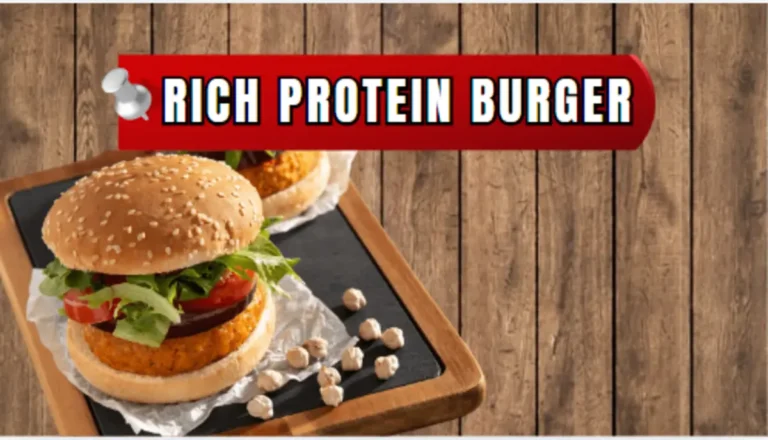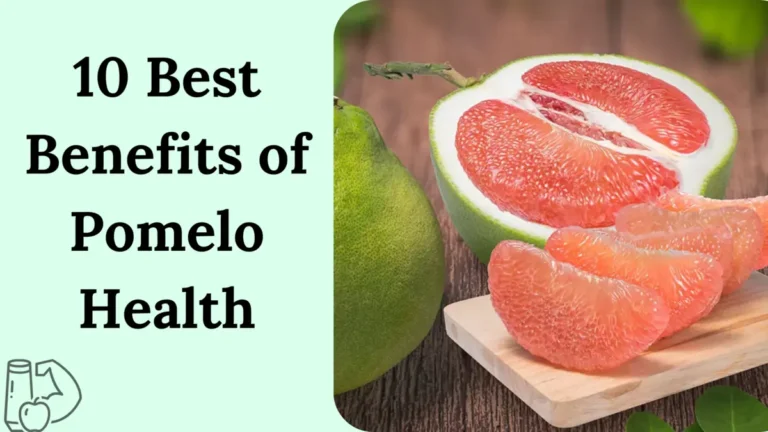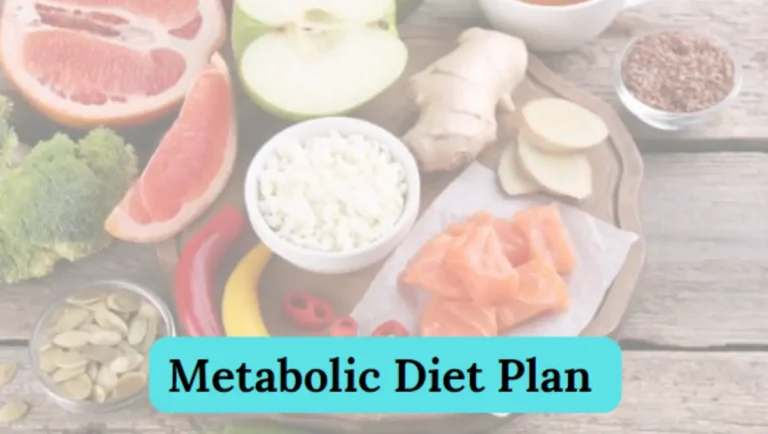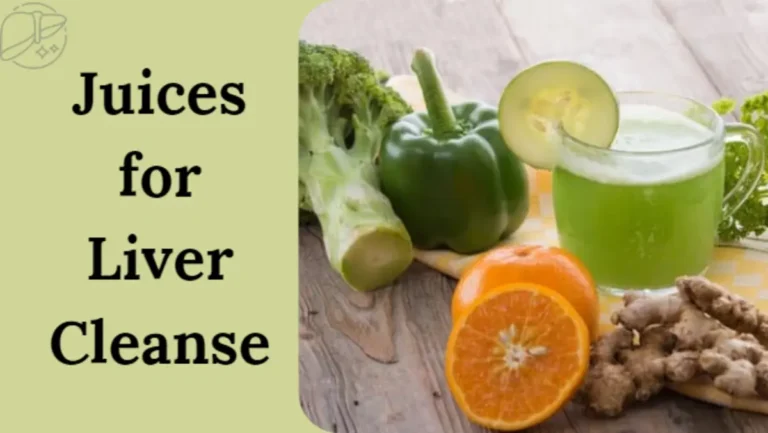High Protein Vegan Foods | A Complete Guide for Vegan Protein
In today’s world, vegan diets are gaining immense popularity, not just for their ethical and environmental benefits but also because of their positive impact on overall health. However, one of the most common concerns for people transitioning to a plant based lifestyle is ensuring they’re getting enough protein especially when they are following a vegan diet.
The good news is there are numerous high protein vegan foods that can easily meet your daily protein needs while providing you with all the essential nutrients.
In this article, we aim to guide you through the best vegan protein sources, showing you how you can seamlessly incorporate them into your meals. Whether you’re a fitness enthusiast looking to build muscle, a busy professional needing quick meals, or simply Finding sources of vegan Protein, we’ve got you covered.
We’ll also discuss the importance of protein, how much you need, and the health benefits of a protein rich vegan diet. By the end of this guide, you’ll have all the knowledge and practical tips to make your plant based protein journey easy, enjoyable, and nutritious.
Why Protein is Crucial for Your Health
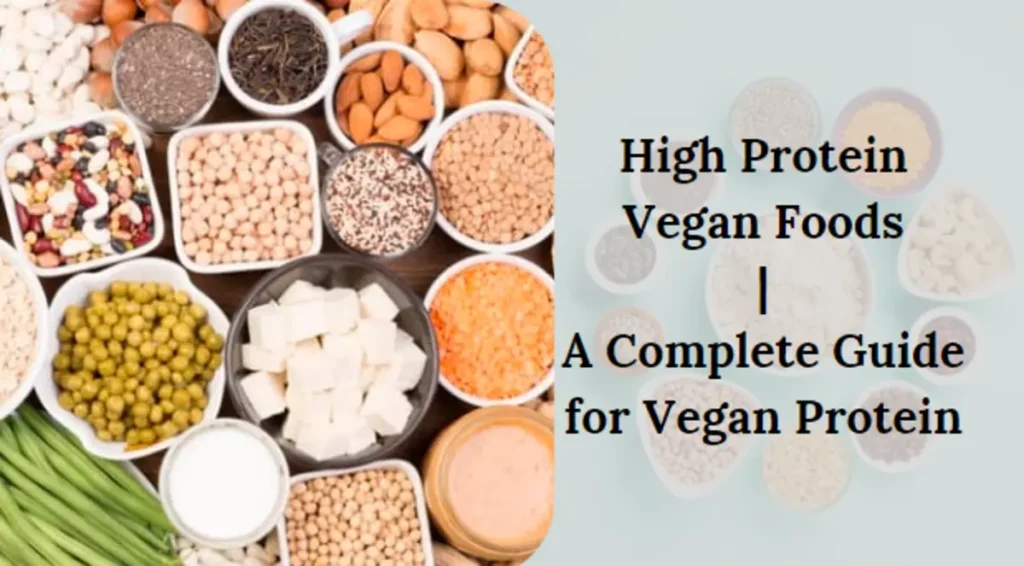
Protein isn’t just for bodybuilders. It’s essential for everyone, as it helps repair tissues, supports the immune system, and keeps your body functioning efficiently. While some think getting enough protein on a vegan diet is challenging, the truth is there are plenty of plant based options to choose from.
Top 10 High-Protein Vegan Foods
Here are some of the best vegan protein sources you can include in your meals:
1. Lentils
Lentils are one of the most versatile and affordable vegan protein sources. With around 18 grams of protein per cup, they’re packed with fiber, iron, and folate, making them an excellent choice for overall health. Lentils are also great for improving digestion and maintaining heart health. You can add them to soups, curries, or salads, or even make lentil burgers for a high-protein vegan meal.
2. Chickpeas
Chickpeas, also known as garbanzo beans, provide 15 grams of protein per cup. They’re not only rich in protein but also in fiber, which helps with digestion and keeps you feeling full longer. Chickpeas are versatile: roast them as a snack, add them to stews, or blend them into creamy hummus. They also work well in vegan salads or as a protein-rich filling for wraps.
3. Tofu and Tempeh
Both tofu and tempeh are made from soybeans and offer a great source of protein. Tofu provides about 10 grams of protein per 100g, while tempeh packs in around 20 grams per 100g. Tofu is soft and works well in stir-fries, smoothies, or even as a vegan dessert ingredient. Tempeh, on the other hand, has a firmer texture and is perfect for grilling or adding to sandwiches and wraps.
4. Quinoa
Quinoa is a gluten-free grain that’s considered a complete protein, meaning it contains all nine essential amino acids. It offers 8 grams of protein per cooked cup and is a fantastic addition to any vegan meal. Quinoa is not only rich in protein but also in magnesium, which helps with muscle and nerve function. Use quinoa as a base for salads, bowls, or as a side dish.
5. Edamame
These young soybeans offer 17 grams of protein per cup. Edamame is packed with antioxidants and fiber, which help support your immune system and digestive health. You can enjoy them as a snack, toss them in salads, or add them to stir-fries. Their slightly sweet flavor and crunchy texture make them a favorite among many.
6. Seitan
Seitan, also known as wheat meat, is a high-protein meat substitute made from gluten. With 25 grams of protein per 100g, it’s one of the most protein-dense plant-based foods available. Seitan is ideal for replacing meat in vegan dishes, and its texture makes it a great choice for stir-fries, wraps, and sandwiches. It’s also a good source of iron, which is vital for energy levels and immune function.
7. Chia Seeds
Chia seeds may be tiny, but they’re packed with 5 grams of protein per two tablespoons. They are also rich in omega-3 fatty acids and fiber, which support heart health and digestion. Chia seeds absorb liquid and form a gel-like consistency, making them perfect for puddings, smoothies, or even as an egg replacer in baking.
8. Nuts and Nut Butters
Nuts, such as almonds, peanuts, and cashews, are high in protein, providing between 6-8 grams per serving. Nut butters, like peanut and almond butter, are also great sources of protein, providing around 8 grams per two tablespoons. In addition to protein, nuts and nut butters are rich in healthy fats and vitamin E, supporting brain and skin health. Spread nut butter on toast, mix into smoothies, or snack on raw nuts.
9. Black Beans
Black beans are not only a great source of protein (15 grams per cup), but they also contain significant amounts of antioxidants, which protect against cell damage. Black beans are perfect in vegan chili, tacos, or salads, and their high fiber content makes them excellent for digestive health. Adding black beans to your meals is an easy and nutritious way to increase protein intake.
10. Spirulina
Spirulina is a blue-green algae that is incredibly nutrient-dense. It provides 8 grams of protein per two tablespoons and is also packed with vitamins and minerals, including vitamin B12 (which is often lacking in vegan diets). You can add spirulina to smoothies or mix it into your juices for a powerful, protein-packed nutritional boost.
Meeting Your Protein Needs as a Vegan
Yes, you can absolutely meet your protein requirements on a vegan diet! By including a variety of these high-protein foods in your meals, you’ll get all the essential amino acids your body needs. Combining different protein sources throughout the day helps ensure you’re getting a balanced intake of all nutrients, which is especially important for vegans.
Vegan Protein Tips for Beginners
If you’re new to veganism, focus on simple yet nutritious meals. Start with quinoa bowls, lentil soups, and tofu stir-fries. These recipes are easy to prepare and packed with protein. Meal prepping can also save you time while ensuring you hit your daily nutrition goals.
Is Vegan Protein Really Healthy?
Absolutely! Plant-based proteins are cholesterol-free and often high in fibre, making them excellent for heart health and digestion. Plus, they’re a sustainable choice, which is increasingly important to Australians looking to reduce their environmental impact.
How Much Protein Do You Really Need?
The amount of protein you need depends on factors like age, weight, and activity level. On average, adults require 0.8 grams per kilogram of body weight. For athletes or highly active individuals, this may increase to 1.2-2 grams per kilogram.
Bottom Line
To sum it up, vegan protein sources are not only nutritious but also incredibly diverse, making it easy to meet your protein needs without relying on animal products. Whether you’re blending protein-packed smoothies, enjoying a hearty lentil stew, or snacking on edamame, there’s no shortage of delicious options. The key is to incorporate a variety of these high-protein foods into your diet, ensuring you’re getting a well-rounded intake of essential amino acids.
Remember, the benefits of vegan protein go beyond just muscle-building, it’s about supporting overall health, boosting energy levels, and feeling good in your body. If you’re new to veganism or looking to optimize your plant-based diet, don’t stress about protein it’s easier than you think! With the right foods, a little planning, and the tips shared in this article, you’ll be well on your way to feeling stronger, healthier, and more energized.
